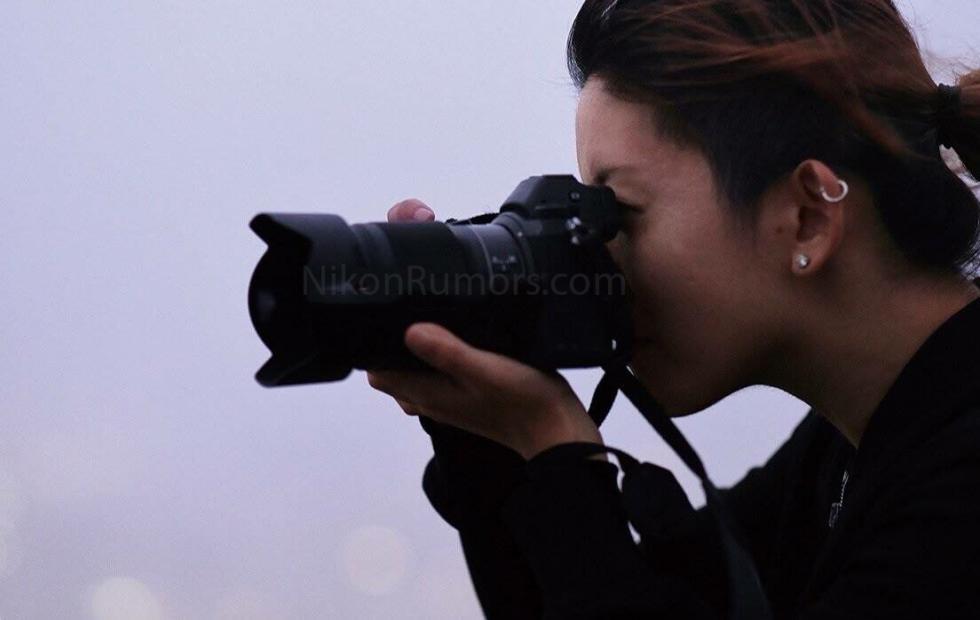

For a more effective AF system, you can try the Canon EOS M50 Mark II, which also uses a larger APS-C sensor. That said, its autofocus system isn't the most reliable.
#Best mirrorless full frame camera upgrade
Lens selection for the MFT system is also vast, making it easy to upgrade as you go.ĭid we mention this is also one of the only cameras at this price point to feature in-body image stabilization? That means not only smoother handheld footage while vlogging, for instance, but stable photos at slower shutter speeds, which is great when there's less light to work with.
#Best mirrorless full frame camera portable
The upside of that smaller sensor is that you also get a highly portable camera with small and relatively affordable lenses to match. Unlike the other picks on our list, this camera uses a Micro Four Thirds sensor, so there's a bit of a trade-off in low-light capability, but it's a great-value option for beginners on a tighter budget. The best budget model we've tested is the Olympus OM-D E-M10 Mark IV.

That said, its menu system is fairly convoluted and hard to navigate, which is especially annoying given the limited number of command dials.

It's also a great option if you do a lot of traveling since it's portable and has a very good battery life compared to most other entry-level mirrorless cameras. It uses the same high-resolution sensor as more expensive models in Sony's APS-C lineup and has the same highly effective autofocus system that Sony cameras are known for. Despite these hardware differences, this is still a great option for those getting started with photography. However, unlike that model or the Nikon Z 50, it has a lower-resolution viewfinder and a more plasticky build with no weather-sealing. It's very similar to the Sony α6400 mentioned above. If you don't want to spend as much, consider the Sony α6100, the entry-level model in Sony's current lineup of APS-C cameras. Best Mid-Range Mirrorless Camera For Beginners.Ultimately, the Nikon is a well-rounded camera that can easily grow with you as your skill level improves. The Sony is a great alternative, although its menu system is a lot less accessible to beginners, and its ergonomics leave a lot to be desired compared to the Nikon. It isn't bad, but its tracking isn't the quickest or most accurate compared to the similarly-priced Sony α6400. That said, it doesn't have the most reliable autofocus. Photos look amazing straight out of the camera thanks to Nikon's excellent color science and a sensor that does well in low light and preserves a fairly wide range of detail in high-contrast scenes. It has a large high-res viewfinder and feels super comfortable to shoot with. It's a very well-built camera with a weather-sealed magnesium alloy body that gives you more peace of mind when shooting in the rain or snow. The Nikon Z 50 is the best entry-level mirrorless camera we've tested, with plenty of features that even more advanced users can take advantage of. Finally, if you're on a tight budget, we have the best cheap and budget cameras. If you think you'd prefer an optical viewfinder and the longer battery life that you get with a DSLR, check out our list of the best DSLR cameras for beginners instead. Most of our picks here are APS-C models, but if you need full-frame image quality and low-light capability, we also have recommendations for the best full-frame mirrorless cameras. We've bought and tested over 80 cameras in our lab, and below, you'll find our recommendations for the best entry-level mirrorless cameras. Thankfully, we've done some of the work of narrowing down your options. What matters most is to use whatever's available to you, so you can start shooting and get a handle on the fundamentals of what makes a good photo. Though it might be tempting to dive right into a more advanced model, the good news for those just starting is that any modern mirrorless camera will be more than capable of doing what you need. With plenty of options at a range of different price brackets and experience levels, making the jump from your smartphone to a dedicated camera has never been easier. Mirrorless cameras are a great option for beginner photographers thanks to their electronic viewfinders, which let you see changes to your image in real-time through the viewfinder.


 0 kommentar(er)
0 kommentar(er)
